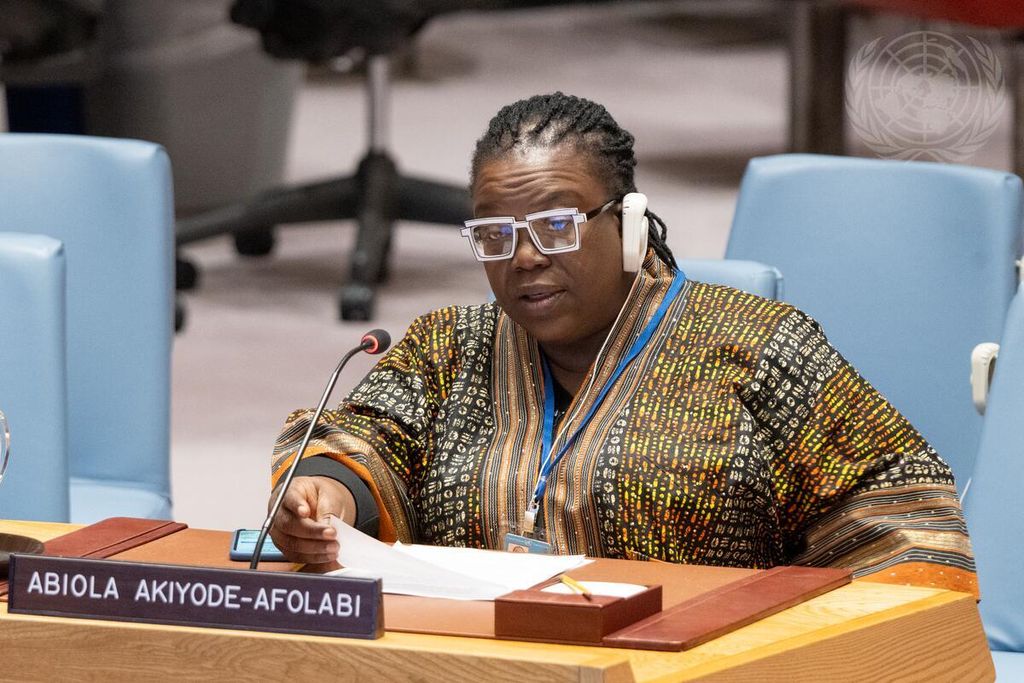Maureen Okpe
In commemoration of the 2025 International Day of the Girl Child,(IDGC), the Women Advocates Research and Documentation Centre (WARDC) has called on governments and stakeholders to urgently address period poverty and promote menstrual health rights for girls across Nigeria.
In a press statement issued weekend, the organisation aligned with the national theme “The Girl I Am, The Change I Lead: Girls on the Front Lines of Crisis,” and reiterated its commitment to amplifying girls’ voices while demanding justice, dignity, and health for all.
Founding Director of WARDC, Dr. Abiola Akiyode-Afolabi, stressed that millions of Nigerian girls, particularly in rural communities, still face harsh realities due to lack of access to sanitary products, safe hygiene facilities, and menstrual education.
Read Also: WARDC Urges Lagos State to Lift Suspension on Safe Termination Guidelines
She stated that “period poverty continues to be a major barrier to education, self-esteem, and overall well-being of girls, it a silent crisis that must be confronted with urgency and compassion.”
“Current statistics reveal that 1 in 10 African girls miss school during their menstrual cycles, while around 25% of school-aged girls in Nigeria do not have access to proper menstrual hygiene products.
“In many underserved areas, especially in the North, water and sanitation infrastructure is nearly non-existent, exacerbating the risks of infections, stigma, and school dropout.”
WARDC identified that this lack of access contributes significantly to early child marriage and long-term gender inequality.
Highlighting a recent positive development, WARDC commended the Bauchi State Government for establishing a Menstrual Bank the first of its kind in Nigeria.
The initiative provides free sanitary pads to schoolgirls and vulnerable communities, a model that WARDC believes should be replicated nationwide. The organisation noted that such efforts show a deep understanding of how menstrual health impacts education and economic empowerment.
To scale impact and ensure long-term change, WARDC made several key demands. These include the immediate passage of a National Menstrual Health Policy and Law, increased budgetary allocation for girls’ health and hygiene, strengthened school protocols to prevent and respond to sexual violence, expanded community sensitisation, and data-driven research to guide interventions.
Read Also: Feminist forum trains media to better report Gender equal opportunity bills
The organisation also called for greater male engagement to break cultural taboos and support menstrual health education from the grassroots level.
In her message, Dr. Akiyode-Afolabi reaffirmed WARDC’s belief that empowering girls leads to stronger, more inclusive societies.
She urged Nigerians to see girls not just as victims of crisis, but as leaders, innovators, and drivers of sustainable change. She emphasised that for girls to take the lead, they must first be given the basic tools to live with dignity education, safety, and health.
WARDC has been at the forefront of advocating for the rights of women and girls in Nigeria, combining legal action, community education, and policy influence to promote gender equality. The organisation reaffirmed its commitment to breaking the silence around menstruation and ensuring that every Nigerian girl has the opportunity to thrive.

